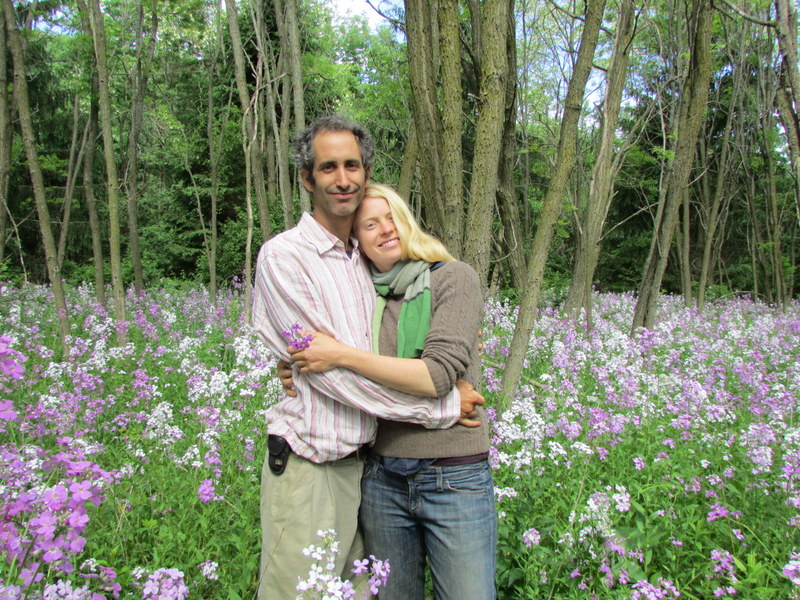 Matthew Goldfarb and Petra Page-Mann, co-founders of Fruition Seeds. Through the marvelous thing that is this internet, though email, mutual blogs, and a mutual friend's Kickstarter encouragement, I have very recently been put in touch with this wonderful couple, Matthew Goldfarb and Petra Page-Mann, co-founders of Fruition Seeds. Located in the Finger Lakes region of New York State, they are a certified organic, open-pollinated vegetable, herb, flower, grain and cover crop seed company doing something pretty remarkable in a very scary time for our global seed supply. As I've said in recent facebook and twitter posts, I can think of no more worthy Kickstarter campaign (with better pledge rewards) that I have come across. And, I am incredibly excited to know about this seed resource and cannot wait to try their beautiful varieties next spring in our gardens. Below is a great guest post from Petra and Matthew. Though having not yet met them in person, I am so thrilled to have crossed paths with these new friends, couldn't have more respect for what they are doing, and am so happy we all get to be the fortunate beneficiaries of all of their tireless work. (And there are just FIVE DAYS LEFT in their Kickstarter drive. Get over there and get yourself some seeds!) 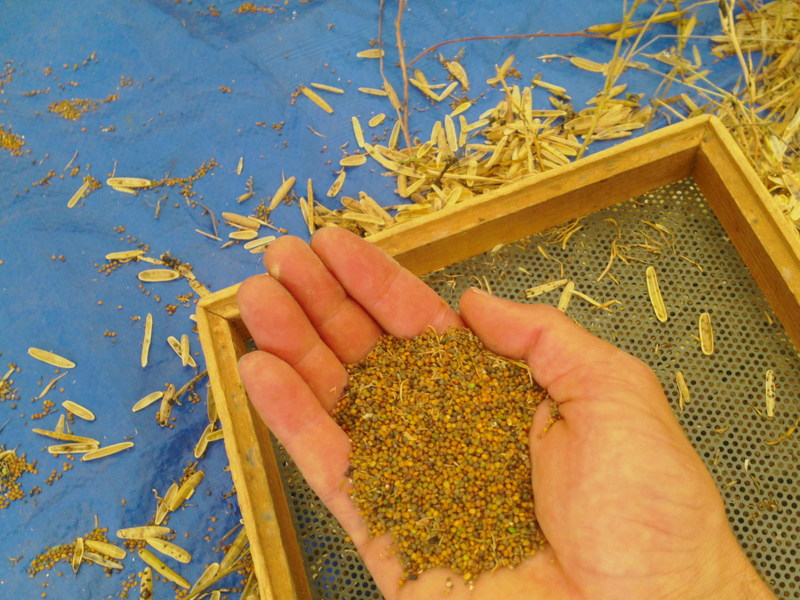 Arugula seed, freshly screened. How does seed saving fit into your understanding of ‘sustainability’? Matthew: The ideas surrounding and daily practice of ‘sustainability’ have long been a part of our lives in the thirty collective years that Petra and I have been farming. Energy, food, transportation, waste, social life: we have not gone a day without considering and acting on what is best for us, our community and our world. Yet we were always uncomfortable with ‘sustainability’ because it assumes the world is static, neglecting an appreciation for shift and adaptation. Petra: Seeds offer the perfect metaphor for what it is that we are truly after: resiliency. Even as climates change, diseases evolve and cultural trends shift, seeds adapt and encode this resilience in the next generation. At Fruition Seeds we select plants for these resilient qualities for our region through only growing open-pollinated varieties that can be saved and shared for generations to come. Why did you start Fruition Seeds? Matthew: Buckminster Fuller observed, “you never change things by fighting the existing reality. To change something, build a new model that makes the existing model obsolete.” Three chemical companies control over 50% of the global seed supply. Associated biodiversity loss and control issues (patenting genetics, for example) have reduced seed from an adaptable tool with infinite replication potential to a commodity that almost all farmers buy annually, like fertilizer and pesticide. The resulting lack of regional adaptation and resilience leaves these crops ever more vulnerable to pest and disease, meaning that farmers must increasingly rely on pesticides to protect harvests. The same conditions as caused the Irish Potato Famine are sown on millions of acres around the world. Petra: In the spirit of Buckmister Fuller, Fruition Seeds provides organic, open-pollinated and regionally adapted seed to serve the Northeast and inspire a model for resilient, regional seed development. Sustainability or resilience, call it what you will. Each day we sow the seeds of the future and may it be one we would want for our grandchildren by providing organic, open-pollinated and regionally adapted seed to serve our bioregion and inspire a model for resilient, regional seed development. Petra selecting rutabega to replant for seed production. Are there ways gardeners can incorporate seed saving in their backyard or farm? What could I save this summer? Petra: Many seeds are quite simple to save! Beans and tomatoes are two of my favorites. For beans, instead of eating them let some get fat and tough; they’ll turn brown as they dry down and easily break open to reveal the bright, glossy and beautiful seeds within. It’s that easy! I love tomatoes because their seed is mature when we go to eat it: we can have our cake and eat it, too! Squeeze the seeds out of the tomato; notice the gel surrounding each seed? It is full of anti-germination compounds, so the seed doesn’t sprout inside the warm, wet tomato. Cover the seeds in a little water and let sit for a few days to dissolve this gel. Mature seed will sink as immature seed rises; pour off all the floating seed and rinse the good seed well before laying them out to dry. Label well and share them with friends! Matthew harvests tatoi seed once the pods are dry and golden. Can you tell me more about the significance of organic, open-pollinated, regionally adapted seeds? Petra: ORGANIC. Do you garden organically? Conventional seed genetics thrived in conditions totally different than the conditions in your garden. For example in terms of fertility, conventional farms use synthetic fertilizers containing only major macronutrients; organic farm fertility is based on organic matter (manure, cover crops), offering a broad spectrum of micro & macro nutrients. Here is our analogy: when you need more nutrients, do you take a synthetic vitamin or eat more kale? Both have value. We choose kale! Matthew: OPEN-POLLINATED. Do you believe life can be patented? Hybrids and GMOs have patented genetics. Sowing open-pollinated varieties is one of the best ways you can ensure diversity and resilience in the food supply for you and your grandchildren’s grandchildren! Additionally, open-pollinated crops can be regionally adapted selecting for unique needs and traits for a given farm or region, hybrids can not Petra: REGIONALLY ADAPTED. Do you find local food is better than food imported from across the country? Regionally-adapted seed is the heart of local food! Adapted to regional soil, disease, pests and climate, these varieties have the most potential for optimum flavor, production and overall resilience. Tatsoi seed pods dry down before threshing. How can I learn more about seed saving and regionally adapted seed? Matthew: We love teaching seed saving classes and encouraging seed saving on farms and in gardens. For more conversation and inspiration, follow our blog, visit our website, see updated videos on facebook, or watch our Kickstarter video to learn more about seed saving in the Northeast. Petra: We also have a number of heroes across the country who are saving seed in their own region. Follow Frank Morton of Wild Garden Seed in Oregon, Brian and Chrystine of Uprising Seed in Washington, Bill and Belle McDorman of Native Seed SEARCH in Tucson, Dan Brisbois of Tourne Sol in Montreal, Rowen White of Sierra Seeds in California and many, many more! What is one thing you would want me to know about seeds? Petra: Each seed has the potential to change the world and so do YOU! Matthew: Local, organic seed is the heart of the local organic food that nourishes resilient communities! Matthew in a field of buckwheat. Is there a way gardeners (and non-gardeners!) who care about your work can get involved? Petra: Through the 17th of July you can join our Kickstarter to help bring our seed to fruition! Over 400 people have already pledged over $25,000 and we’re aiming for $30,000 to finish our warehouse and purchase some seed cleaning equipment. We offer great discounts on our seed with every pledge and are grateful to be sharing our work and seed with you! | ||||||||||||||||
|
{ welcome! }
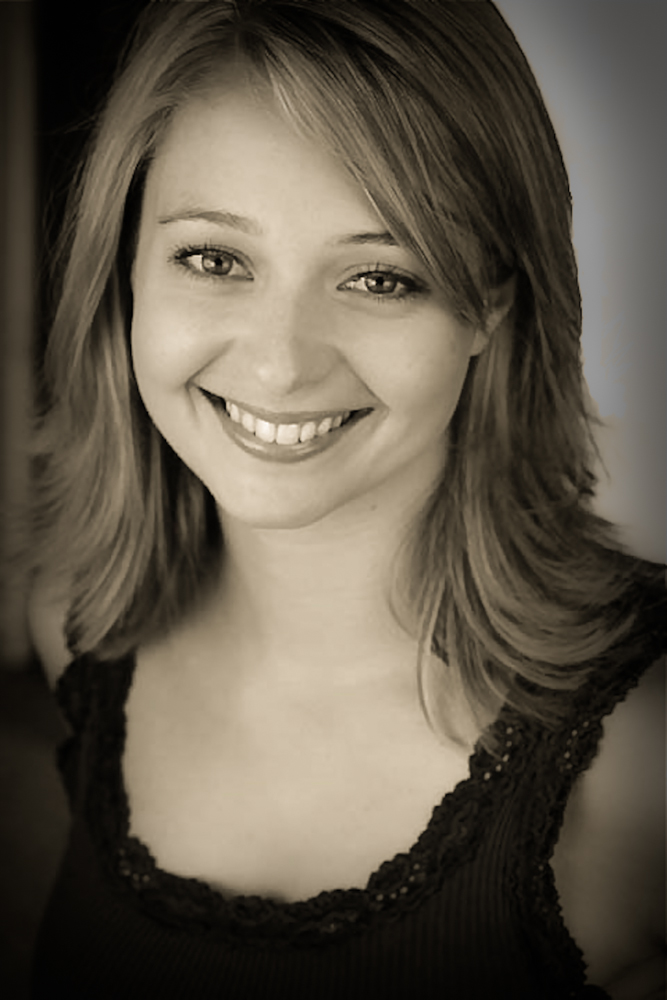 Catie Baumer Schwalb is a chef, food writer and photographer, who splits her life between the city and the country. Not too long ago Catie was a New York City based actress and playwright for more than a decade. She has her Master of Fine Arts from the National Theater Conservatory, and her Grand Diplôme in classic culinary arts from the French Culinary Institute in New York City.
... Read More ≫
Catie Baumer Schwalb is a chef, food writer and photographer, who splits her life between the city and the country. Not too long ago Catie was a New York City based actress and playwright for more than a decade. She has her Master of Fine Arts from the National Theater Conservatory, and her Grand Diplôme in classic culinary arts from the French Culinary Institute in New York City.
... Read More ≫{ get in touch }
{ what's new }
September 12, 2015
August 19, 2013
August 15, 2013
August 13, 2013
August 1, 2013
{ favorites }
{ archives }
Appetizers / Breads & Pastry / Breakfast / Cakes / Canning / Condiments / Dinner / DIY foods / Drinks / Fall / favorites / Grains / Holidays / Local / Noodles & Pasta / Pies & Tarts / Poultry / Salads / Seafood / Snacks / Soup / Spring / Summer / Sweets / Techniques / Vegetables / Vegetarian / Winter /
{ currently reading }
|




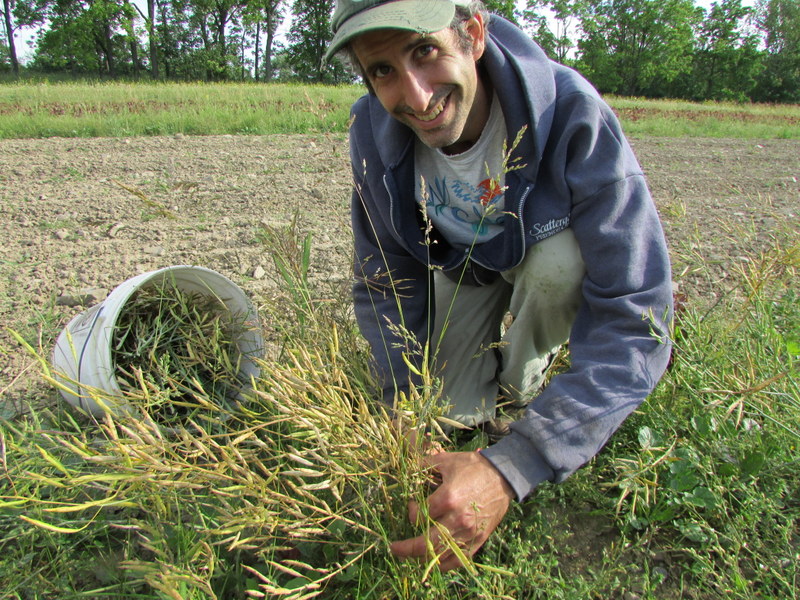
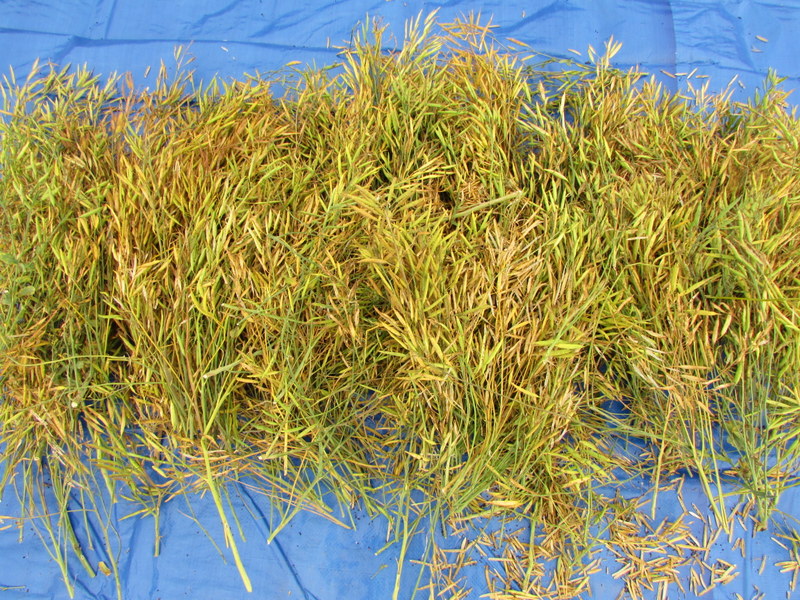
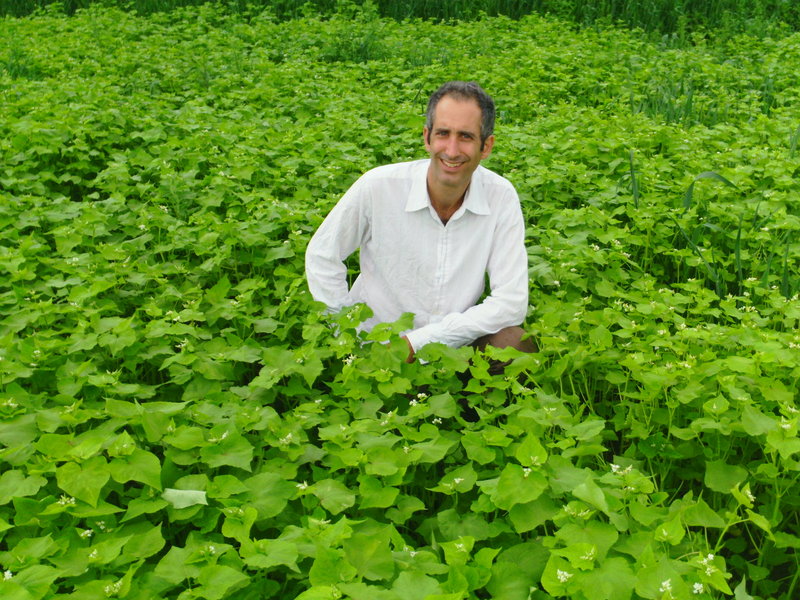
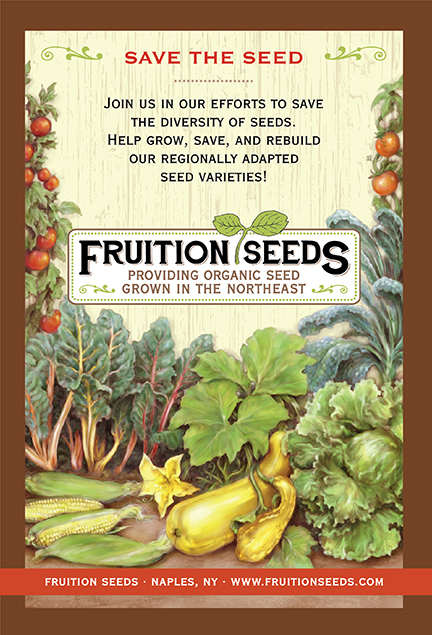
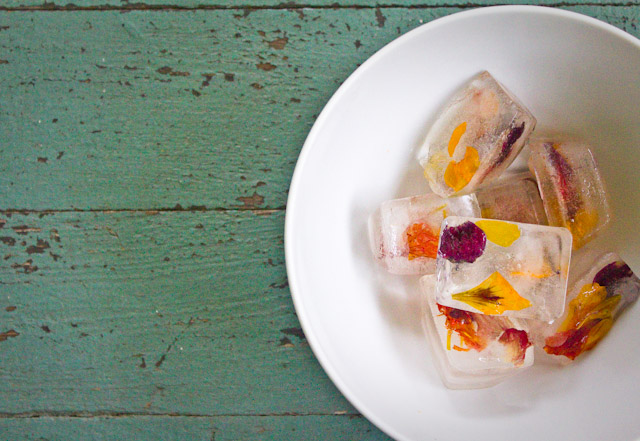
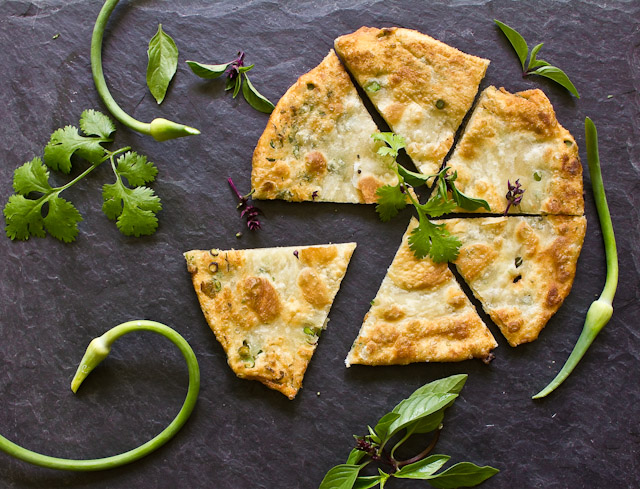
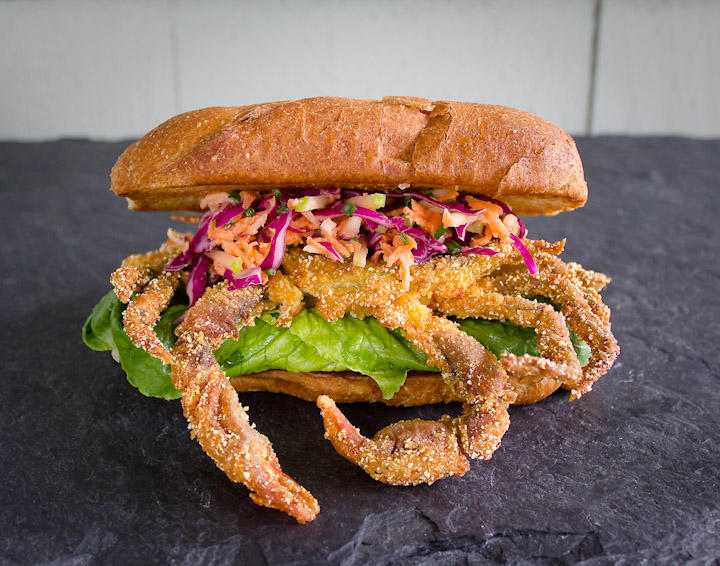
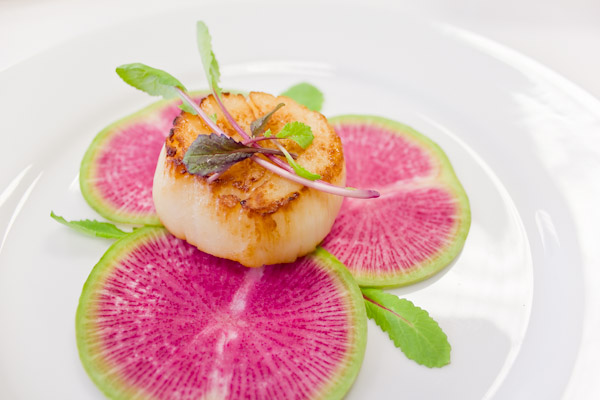
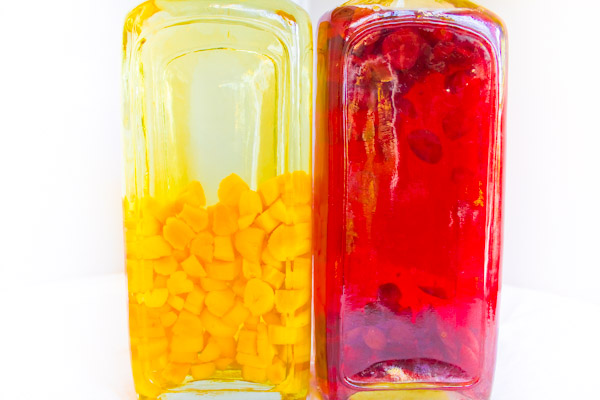
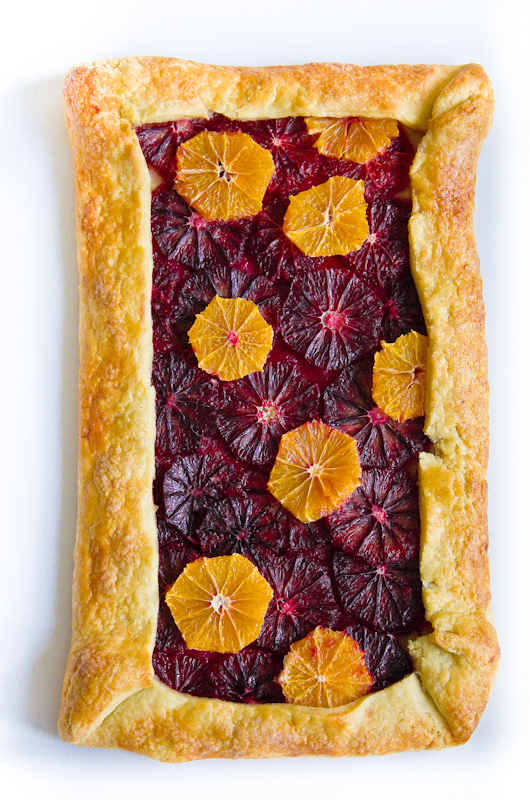
Leave a Reply